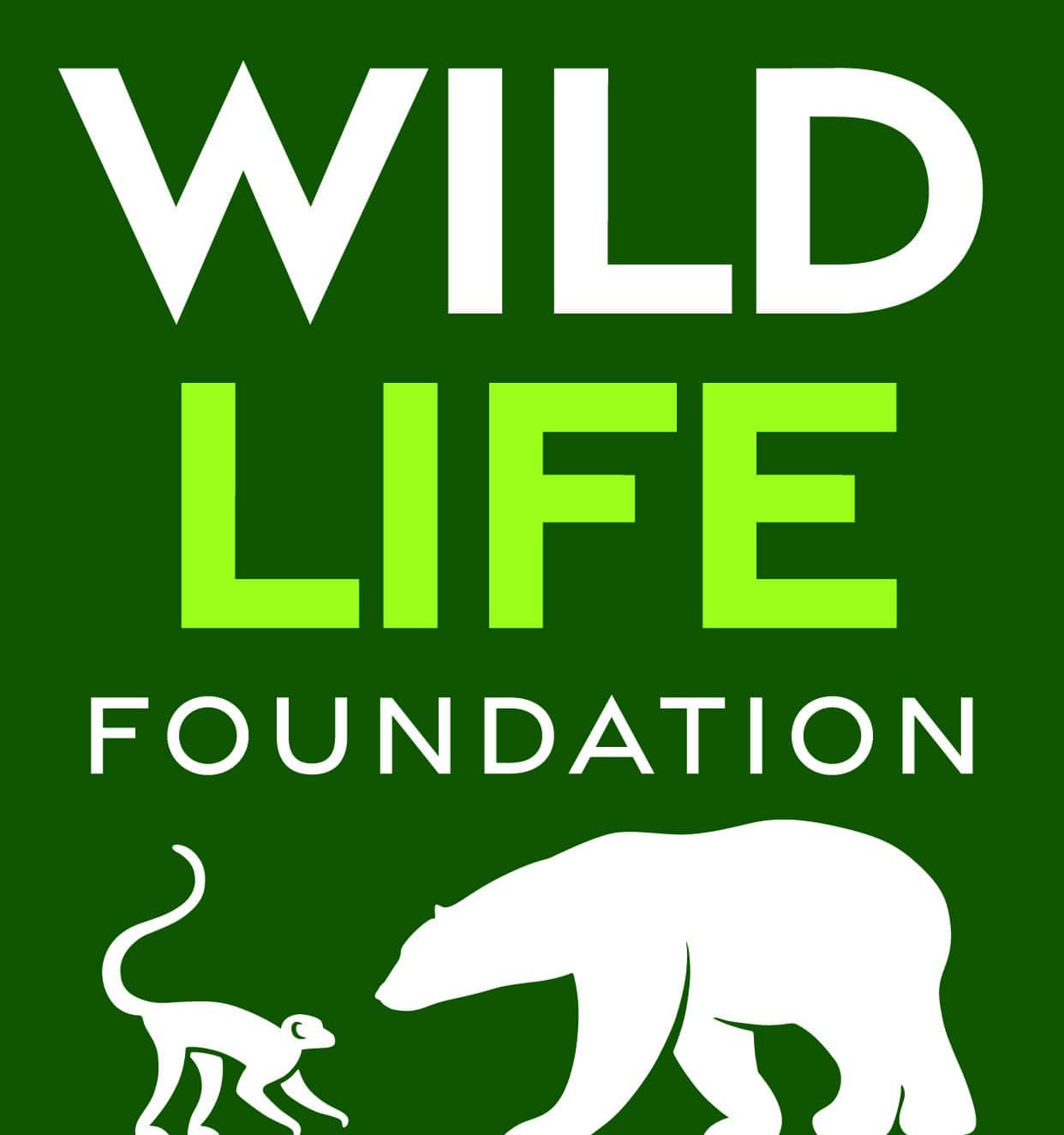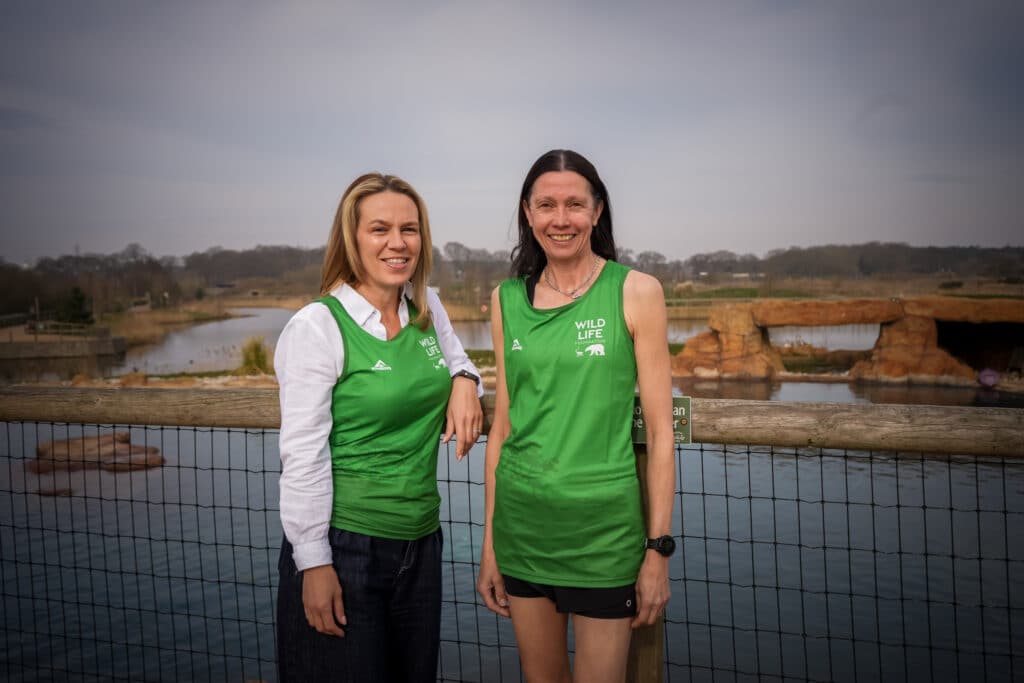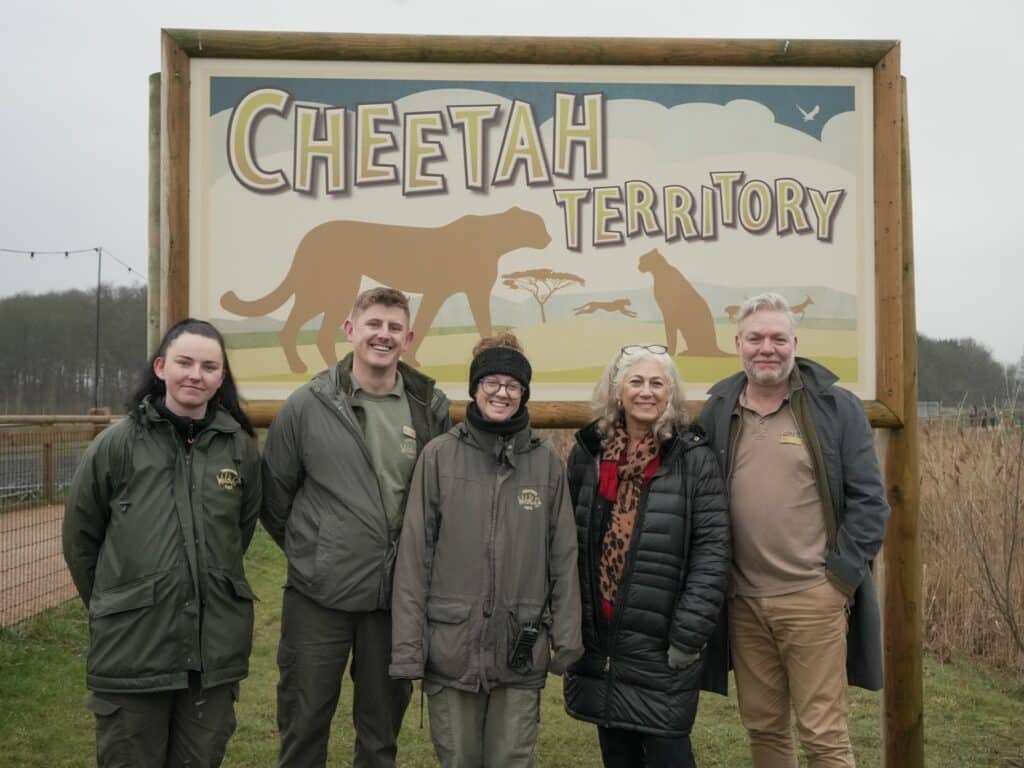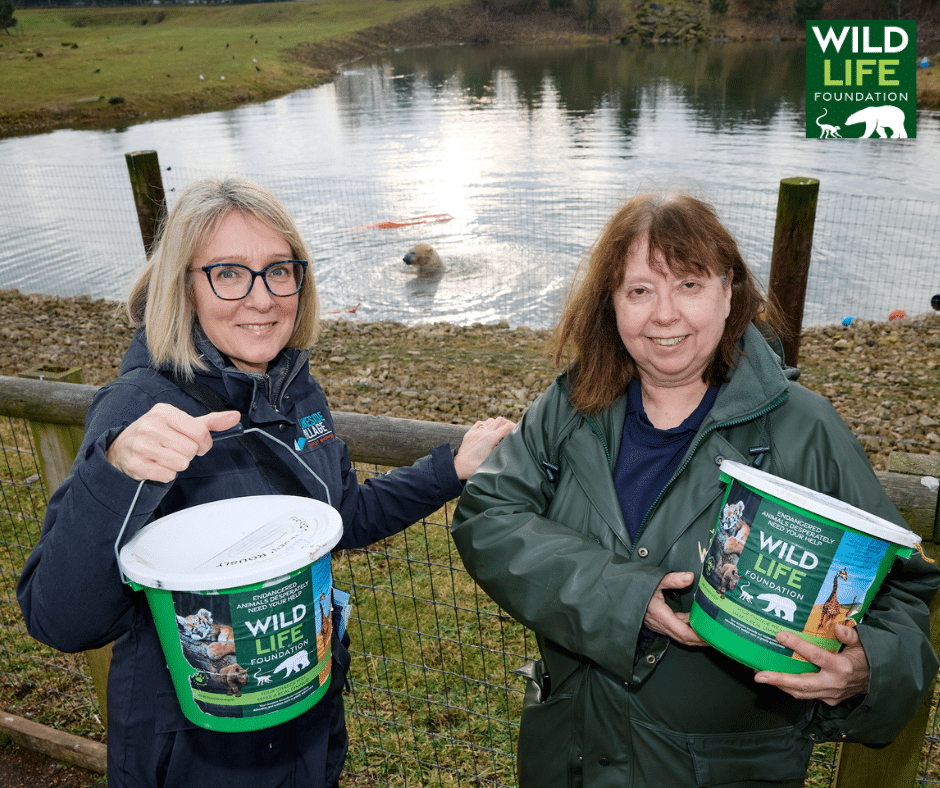Sea Turtles
Ancient mariners of the ocean
Number of the 7 species of Sea Turtles found near Principe
5
Percentage of Sea Turtle deaths as a result of Plastic on Principe in 2018
30%
Number of poaching instances in 2017
2000
Sea turtles are expert at navigating the oceans having travelled our seas for the last 100 million years. These ancient mariners will travel great distances during their lifetimes, with seven different species of sea turtle spread out across the shallow seagrass beds of the Indian Ocean, to the wonderful colourful reefs of the Coral Triangle and across the globe.
But there’s one threat sea turtles cannot avoid however far they travel! Humans! Over the last 200 hundred years, the combined impact of climate change, pollution in the water and other human activities disturbing nesting beaches have resulted in the sea turtle population now being threatened.
We’re partnered with Fundação Príncipe, a dedicated NGO who really go the extra mile to protect sea turtles on Principe Island, protecting their nesting beaches and strengthening the support of the local community who help to protect and collect information about sea turtles both on land and at sea.
When you visit Yorkshire Wildlife Park you can donate to WildLife Foundation and help to support Fundação Príncipe and sea turtles in the Gulf of Guinea.
But there’s one threat sea turtles cannot avoid however far they travel! Humans! Over the last 200 hundred years, the combined impact of climate change, pollution in the water and other human activities disturbing nesting beaches have resulted in the sea turtle population now being threatened.
We’re partnered with Fundação Príncipe, a dedicated NGO who really go the extra mile to protect sea turtles on Principe Island, protecting their nesting beaches and strengthening the support of the local community who help to protect and collect information about sea turtles both on land and at sea.
When you visit Yorkshire Wildlife Park you can donate to WildLife Foundation and help to support Fundação Príncipe and sea turtles in the Gulf of Guinea.

Threats
Poaching:
Nearly all species of sea turtle are now classified as endangered, with three of the seven existing species being critically endangered. Sadly, like many endangered species, sea turtles’ number one threat are humans. Over the last two hundred years sea turtle numbers have declined, being slaughtered for their eggs, meat, skin, and shells.Habitat Loss:
Although popular tourist attractions, increasing human activity on beaches have meant sea turtles face habitat destruction. Sea turtles are dependent on beaches for nesting, but climate change, coastal developments and traffic have disturbed or directly destroyed sea turtle nesting sites.Pollution:
Increased pollution in the water, such as floating plastic materials and discarded fishing gear has meant more sea turtles are becoming entangled rendering them unable to feed, swim and potentially drown. As fishing activity expands, one of the greatest threats to sea turtles is incidental capture by fishing gear, and hundreds of thousands of sea turtles are accidently caught in trawl nets, on longline hooks and in fishing gill nets every year.Working with
Sea Turtles
WildLife Foundation are proud supporters of Fundação Príncipe.
Príncipe Island
We support Fundação Príncipe who work hard to enhance the conservation status of sea turtles. They work from Príncipe, an old volcanic island in the Gulf of Guinea, protecting female sea turtles and eggs on important nesting beaches, as well as juveniles and adult turtles out at sea. At the core of Fundação Príncipe’s work, is strengthening local relationships. Over the next three years we will be supporting Fundação Príncipe vital work to increase the capacity of their team by integrating more of the local community into their conservation work, ensuring the long-term protection of sea turtles in Príncipe.
Príncipe Island
We support Fundação Príncipe who work hard to enhance the conservation status of sea turtles. They work from Príncipe, an old volcanic island in the Gulf of Guinea, protecting female sea turtles and eggs on important nesting beaches, as well as juveniles and adult turtles out at sea. At the core of Fundação Príncipe’s work, is strengthening local relationships. Over the next three years we will be supporting Fundação Príncipe vital work to increase the capacity of their team by integrating more of the local community into their conservation work, ensuring the long-term protection of sea turtles in Príncipe.
Facts
Sea turtles are vital to marine ecosystems: they help to maintain the health of seagrass beds and coral reefs which benefit species such as shrimp, lobster, and tuna.
Although sea turtles travel vast distances and will swim thousands of ocean miles during their lifetime, they will wait decades to return to the same beaches to lay their eggs. Females lay hundreds of eggs in one nesting season, but only a few hatchlings survive their first year.
Although sea turtles travel vast distances and will swim thousands of ocean miles during their lifetime, they will wait decades to return to the same beaches to lay their eggs. Females lay hundreds of eggs in one nesting season, but only a few hatchlings survive their first year.









